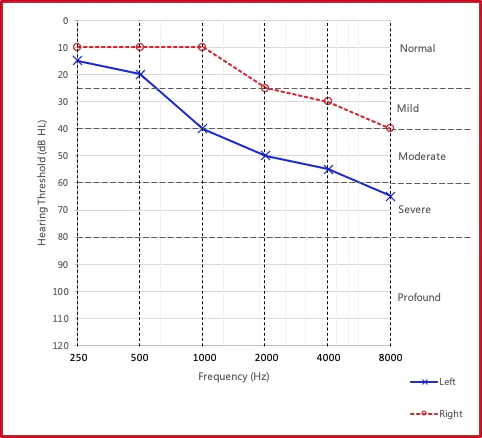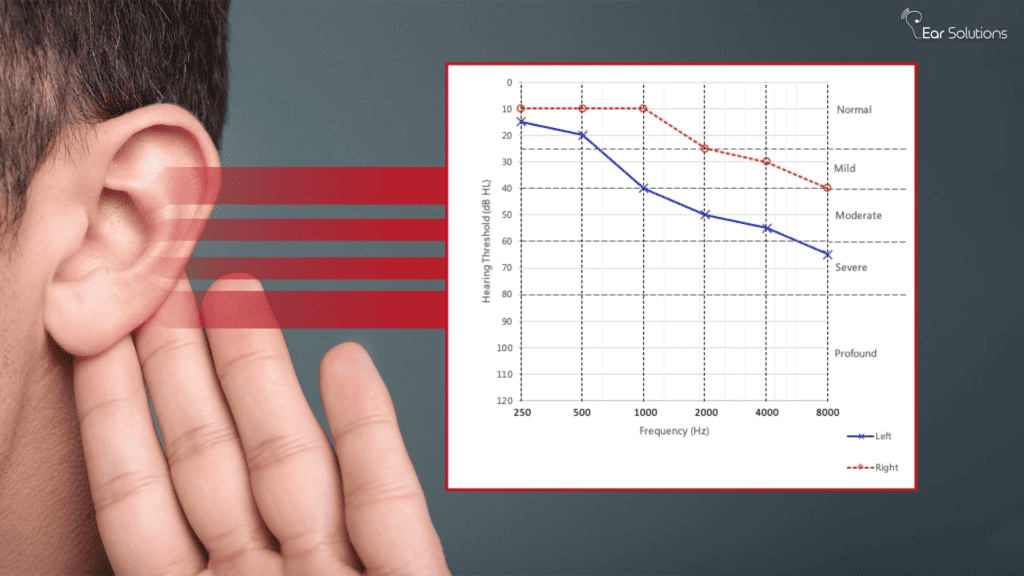Hearing loss affects a large number of individuals around the globe and it has a profound impact on their everyday lives and functioning. For those seeking financial assistance and support, understanding the disability rating system is crucial. By familiarizing themselves with this system, individuals can gain insight into the evaluation process and determine their eligibility for benefits related to their hearing loss.
In this blog, we will get to know “What is the Disability Rating for Hearing Loss?” Also, we will discuss its significance in determining eligibility for benefits.
Disability Rating:
A disability rating is a quantitative measure that aims to assess the seriousness and impact of a particular condition on an individual’s ability to function in their daily life and work settings. It is commonly used by medical professionals and governmental agencies involved in disability evaluations, such as the Social Security Administration (SSA) or the Department of Veterans Affairs (VA).
When assigning a disability rating, various factors are taken into consideration, including the nature of the condition, its symptoms, and the resulting functional limitations. These factors are typically assessed through medical examinations, clinical tests, and a review of the individual’s medical history.
The disability rating is usually expressed as a percentage, which represents the degree of impairment caused by the condition. A higher percentage indicates a more severe impairment and greater limitations in performing everyday tasks, such as hearing, seeing, walking, or manipulating objects. Conversely, a lower percentage suggests a milder impact on the individual’s functioning.
Hearing Loss Disability Rating:
The disability rating for hearing loss is based on factors such as the degree of hearing loss, speech recognition ability, and the impact on communication and daily activities.
The rating takes into account various audiometric measurements, including pure-tone thresholds and speech discrimination scores. These measurements help determine the extent of hearing loss and its impact on an individual’s ability to function in different environments.

Social Security Disability Insurance (SSDI):
SSDI is a federal program in the United States that provides financial assistance to individuals with disabilities who are unable to work. To qualify for SSDI benefits due to hearing loss, individuals must meet specific criteria, including having a disability rating that meets or exceeds the designated threshold set by the Social Security Administration (SSA).
Veterans Disability Compensation:
For veterans, the disability rating system is used to determine eligibility for disability compensation from the Department of Veterans Affairs (VA). The VA assigns ratings based on the severity of hearing loss and its impact on daily activities and work-related tasks. Veterans can receive compensation based on their disability rating, which helps provide financial support and access to healthcare services.

Audiometric Measurements for Disability Rating
Audiometric measurements play a crucial role in determining the disability rating for hearing loss. These measurements involve a series of tests that assess an individual’s hearing ability across different frequencies and intensities.
Pure-tone audiometry is the most common hearing test used to evaluate hearing loss. It involves presenting a range of tones at various frequencies to the individual and determining the softest level at which they can hear each tone. The results are plotted on an audiogram, which provides a visual representation of the individual’s hearing thresholds.
Understanding the disability rating for hearing loss is essential for individuals seeking benefits and support due to their hearing impairment. The rating system helps evaluate the severity of hearing loss and its impact on daily activities and work capabilities. Whether for SSDI or VA disability compensation, meeting the specified disability rating threshold is often a crucial requirement. By seeking guidance from professionals knowledgeable in this field, you can navigate the process with greater clarity and improve your chances of receiving the necessary support and benefits for your hearing loss condition.





